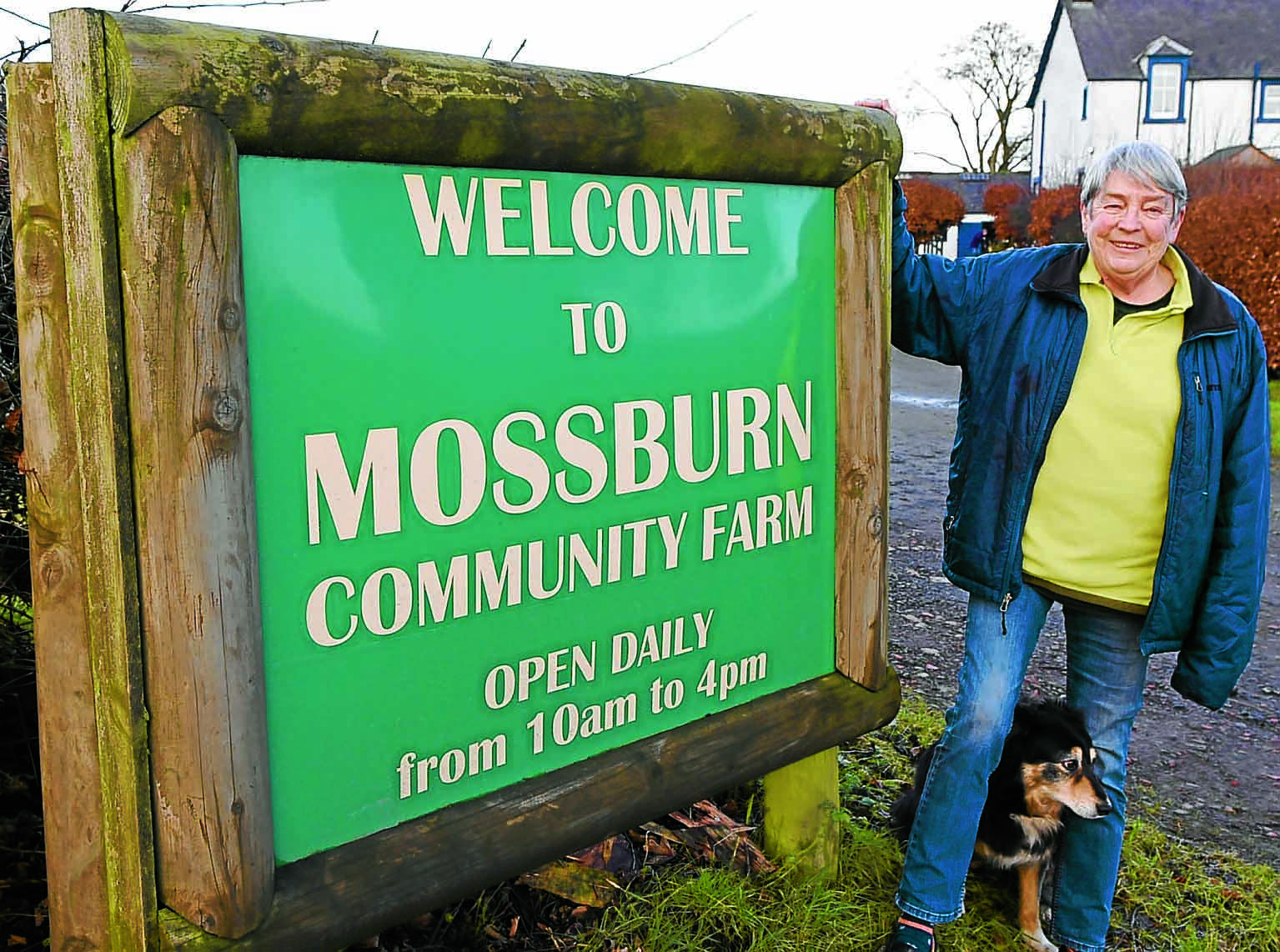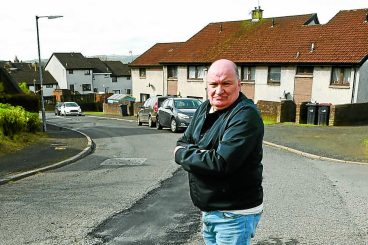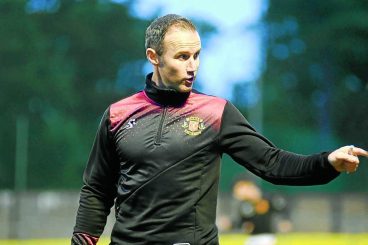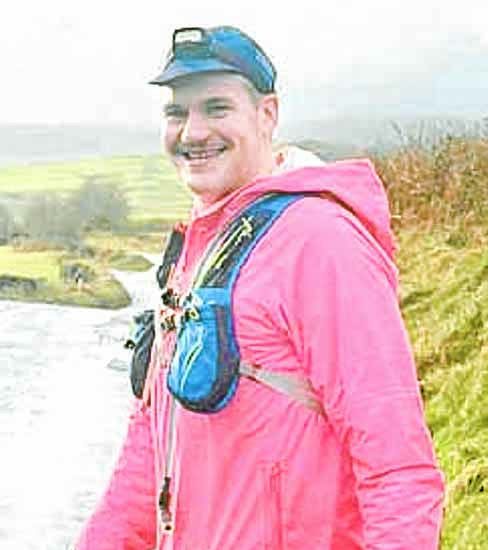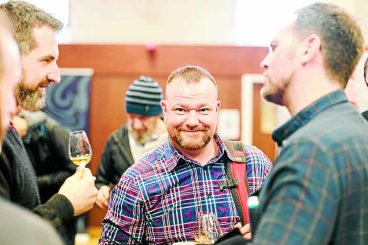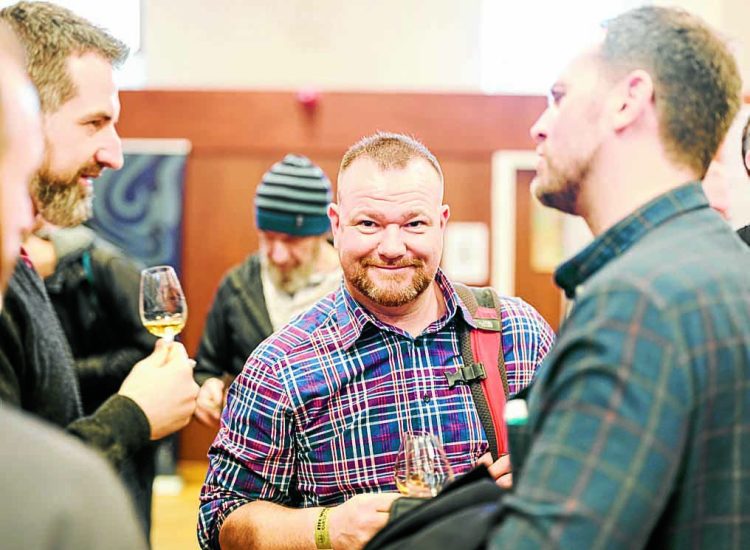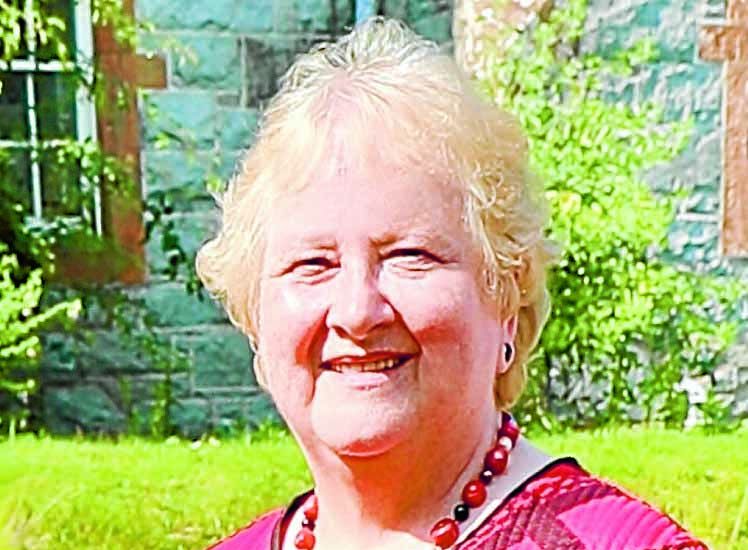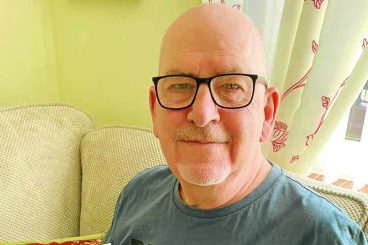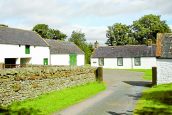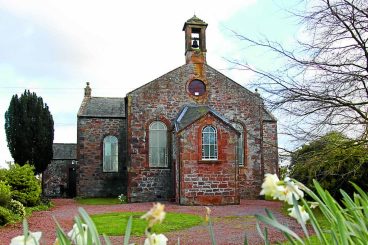For the animal sanctuary founder from Hightae fought against the contiguous cull, winning her case at Edinburgh High Court.
And that legal decision set in motion events which would eventually lead to the end of the deeply unpopular firebreak cull, which saw thousands of livestock killed.
The 2001 outbreak was not the first time Juanita had seen foot and mouth. Years before, while living on a sheep farm in Galloway, she was aware of an outbreak nearby.
But it was dealt with in isolation, with no effect on neighbouring farms.
So, she was horrified by the decisions taken in 2001 when the disease arrived in Dumfries and Galloway again.
Juanita and her team at Mossburn Community Farm were ‘watching the progress’ of FMD from Northumberland and when they learned it was in Lockerbie, they immediately put biosecurity measures in place at their premises.
But Juanita said: “Gradually the ministry started to plague us, saying we were part of the contiguous cull, I said no.
“My vets were checking our cloven hoof animals every day and I was not going to be told by the government do that.”
At that point she had been running Mossburn for about 11 years and had about 22 cloven hoofed animals in her care, all rescued.
They were all earmarked for slaughter after FMD was suspected on a neighbouring farm and it was taken out.
Juanita could not comprehend how differently it was being handled to previous times, saying: “Before that, when there was an outbreak, it was dealt with, the diseased animals were destroyed and and put in lined pits.
“Farming people know that foot and mouth is pretty devastating if you have a herd that gets it, but it does not affect your neighbours.
“Nobody panicked and it did not sweep the country. We had always dealt with it like that but in 2001 we built pyres because the EU told us to.
“I was quite shocked and horrified this was happening. There was so much veterinary evidence that the contiguous cull was not necessary, but they used bullying techniques. There was nothing democratic about it at all.”
Despite talk of a vaccine, she says it was not practical then and still is not today and believes that if history repeated itself, “we would go back to the way we always handled it.”
Given her experience, Juanita firmly believed her animals were not a risk and launched a fight against the cull order.
“At one point a man from the Ministry arrived here and offered me compensation for the cull. I told him to leave. I never considered it, I had rescued these animals,” she said.
Her efforts attracted worldwide attention and the press flocked to the narrow roads around Hightae, as did dozens of supporters from across the UK.
“It was amazing the distances people came from,” she recalls. “It was very heartwarming. There were some who were animal rights and wanted to chain themselves to buildings and throw dung bombs, but I said that was not how we do things at Mossburn.
“I felt I was leading a team and I owed them to get through this.”
Meanwhile, life went on as usual at the farm as the case loomed and Juanita took just one day off to attend the hearing, with her £14,000 legal bills paid for by an anonymous backer.
It went her way and the judge ruled against the contiguous cull at Mossburn.
The decision was a milestone moment in the outbreak and Juanita was hailed by the press as the one who stopped the cull in Scotland.
She said: “I feel a bit odd about being the one who stopped the cull, but I was the first person.”
Among the messages of support was hate mail too and Juanita said: “There were farmers who absolutely loved me and farmers who hated me.
“Life at Mossburn got back to normal immediately, when you have animals you’re out in the yard from 7-5 and keep going because you have to.
“The supporters who turned up faded away, it was very quiet for a while.
“Without those supporters we probably would not have won through. There were too many people to ignore.”
In the intervening years, Juanita has not dwelled too much on the harrowing events but said: “It certainly hit farming very hard.
“I was getting calls from farmers, breaking down and crying, I knew how they felt, it was devastating.
“There was a massive mental health impact and quite a lot of suicides as a result. Some people could not get going again, especially older ones.
“It’s left me more emotional than I used to be. I heard about a suspected case a few years ago and I physically threw up. I did not expect that reaction but I could not face the prospect of going through it again.”
Now in her 70s, she describes it as ‘one of the biggest events of my lifetime’, adding: “The initial impact lasted about a year locally. I would personally say this area has got back on its feet now.”





